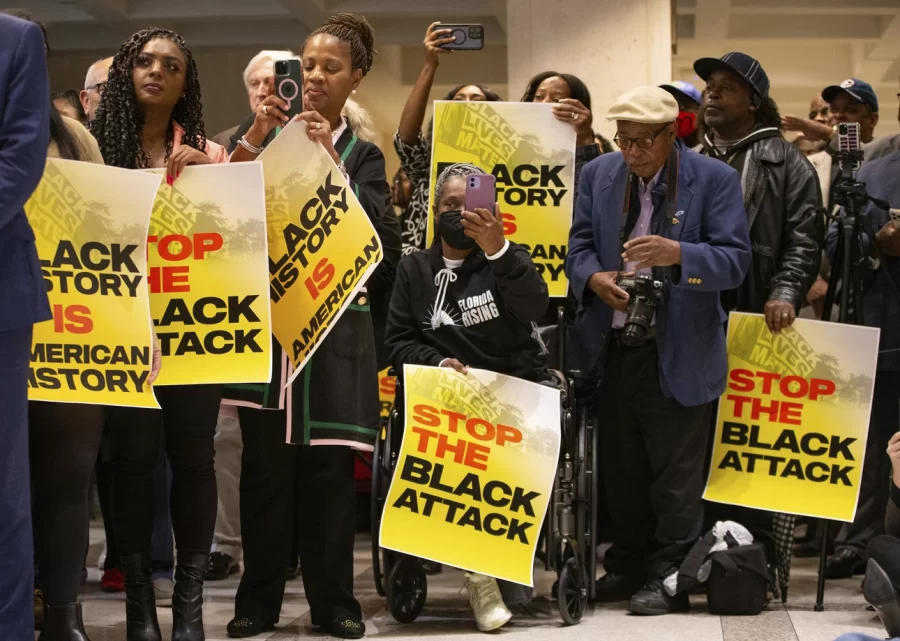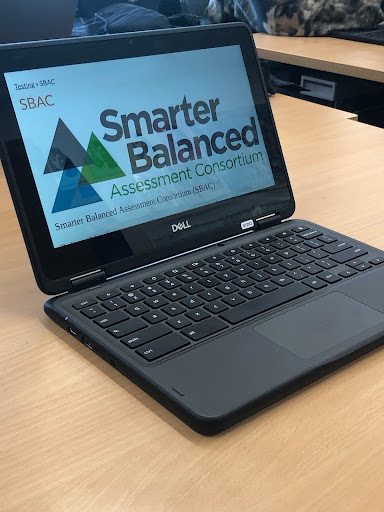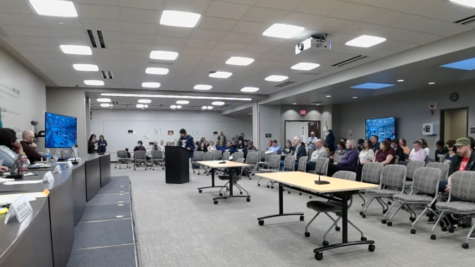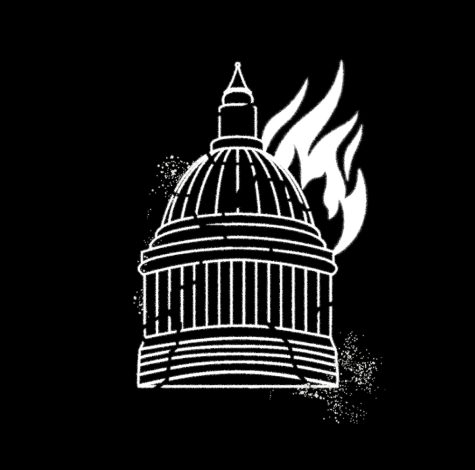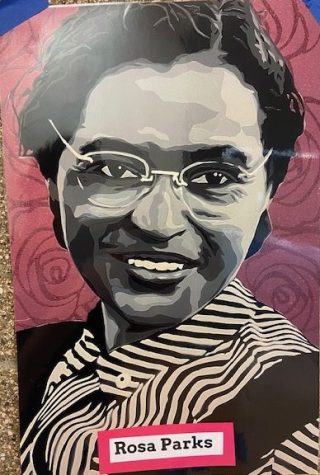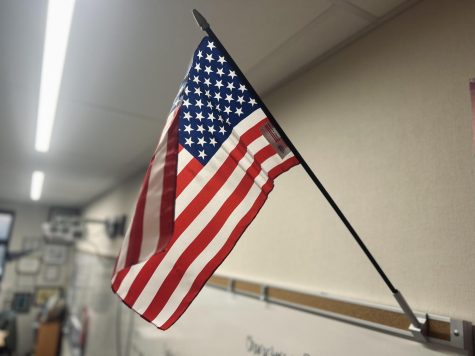AP African American Studies: informative or ignorant?
Protesters rally at the Florida Capitol on January 25, 2023, objecting to DeSantis’ AP African American Studies ban.
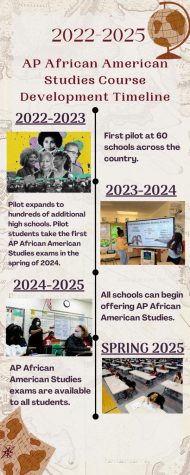
Spring of 2022, Florida Governor Ron DeSantis signed the Stop W.O.K.E. Act, restricting the ways schools discuss race and gender. In the process, AP African American History was banned. High schoolers in Florida will no longer be able to take the course which, as stated by the College Board, examines the diversity of African American experiences through direct encounters with authentic and varied sources.
Florida, the first and only state to ban the course, is 3,000 miles away from Olympia, but DeSantis’ decision directly impacts OHS. Teachers are now reevaluating their own content. Principal Matt Grant asserts: “When you’re a teacher, there’s no avoiding bias; you have to choose what to teach.”
Desantis later defended his decision, claiming that the curriculum lacked “historical accuracy” and its content was “inexplicably contrary to Florida law.” “We want education, not indoctrination,” he declared.
Coincidentally, weeks after the course was banned, the College Board revised it, removing the names of Black writers and scholars affiliated with critical race theory, the queer experience, and feminism after “collecting feedback from teachers, students, scholars, and policymakers.”
A class in development for more than a decade, AP African American History is currently being taught in 60 high schools and will soon be taught at about 500 high schools nationwide. More than 200 institutions have pledged to grant college credit to students, as long as their exam scores qualify for it.
Danielle Churchman, OHS Social Studies Department Head, shares similar sentiments as Grant. Churchman affirms that teaching African American history is “not only important; it’s an obligation.”
However, even though DeSantis’ decisions have affected Churchman’s teaching, it hasn’t swayed her standpoint. “It’s not going to change my decision on how I weigh the importance of discussing issues like this…. but now, I have an opportunity to share how institutions that hold a lot of power are influencing what students have access to in this country.”
According to Churchman, “History is about understanding our past to inform our present and to chart a worthwhile future. Systems of oppression in the U.S. are barriers for access to equitable resources and fulfilled lives… it is our obligation as teachers to help facilitate awareness so action can follow.”
Churchman raises important questions as well: “Who gets to decide what we learn? To what extent are we willing to allow those entities to determine what is censored from us? How we are empowered to teach those important issues?”
And while the answers are different for everyone, one condition remains relevant: Long-lasting legal decisions like the banning of racial studies should be made with logic and evidence, not ignorance and avoidance.

Victoria Liu is Co-Editor of The Olympus and Creative Nonfiction Editor for Ursa Literary Magazine. She enjoys reading classics and playing piano in her...


